

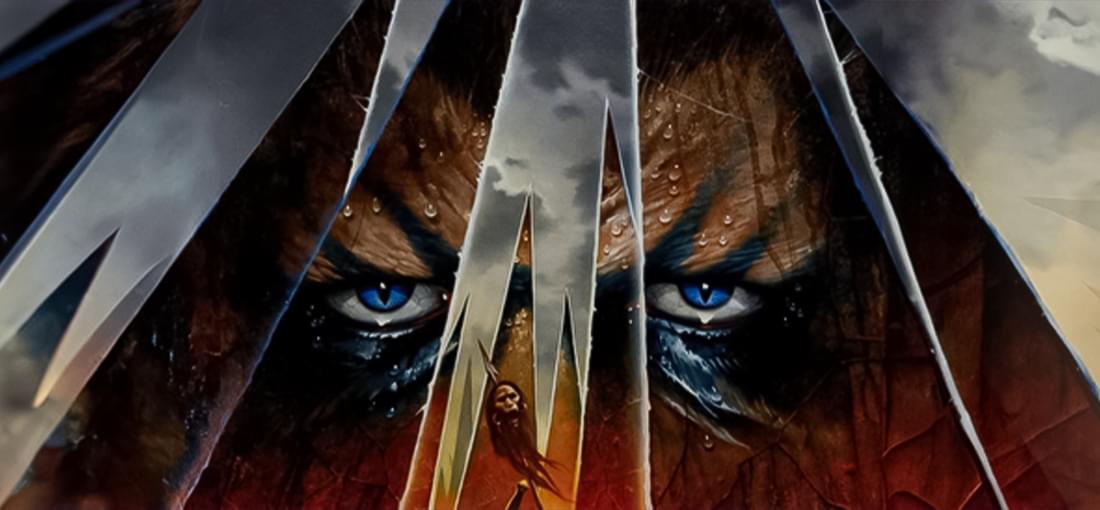
Blood Omen: Legacy of Kain is a charmingly sick venture into dark fantasy. While the experience shows its age today, it is worth seeing through to the end. This is a straightforward, top-down action game with puzzle elements. It is akin to A Link to the Past, but is also drenched in violence and twisted themes. Combat can be rather cathartic, albeit with some flaws. The interface for switching between different weapons, items, and spells is not very intuitive. Attacking or defending in a diagonal direction is not a reliable maneuver. Aside from those kinds of issues, slaying heaps of foes with a flaming sword just doesn't get old. Telekinetically stealing blood from several victims at once can also make for crooked fun. The puzzle designs can be simplistic and unintrusive, aside from a few obtuse solutions and a broken mechanic in the form of "Moon Gates." The art direction is quite pronounced here. The game proudly showcases its pre-rendered cutscenes and sprites in all their mid-90's glory. The visual themes of this corrupted world are consistently morbid, eerie, and oddly intriguing. The overall detail of Nosgoth remains impressive here. The score is also great and takes full advantage of the synthesized instrumentation of its day. Blood Omen's story is a bit jumbled, but it at least succeeds in reinforcing Kain as a badass warrior to be reckoned with. In terms of moral alignment, Kain acts as an agent of neutral evil, roaming a land deeply infested with chaotic evil. It is clear that someone, if not a few people, had a real vision for this game's plot, but it sadly was not fully realized here. The voice acting for all characters is quite good, with Kain's performance carrying an edgy, dastardly tone and a bit of snobbery. This game seems ripe for a remaster within the coming years. But regardless of that possibility, Blood Omen is quite fun and is definitely recommended to fans of the franchise and genre.
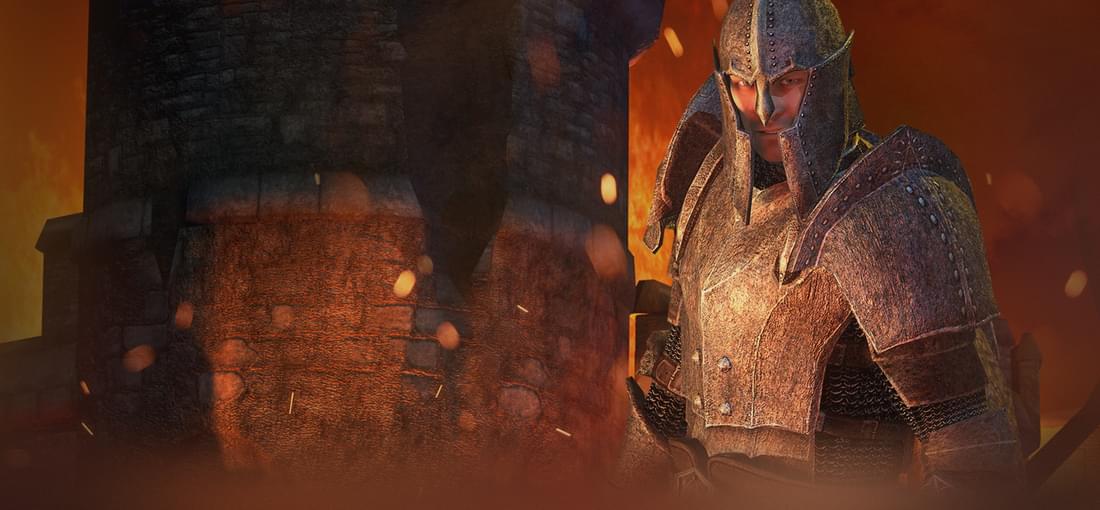
Oblivion is a worthy follow-up to Morrowind. However, some aspects of the gameplay have serious issues and the game's general themes can come across as generic. The gameplay is more satisfying than Morrowind's chance-based combat mechanics. Spells and enchantments can be used wisely to break the game in many enjoyable ways. Thievery is also quite viable and is encouraged as ever. But the main concern with Oblivion is the leveling system. Leveling in this game is awful. Whether someone intends to either casually play or carefully plan out their min/maxing strategies, the leveling system's principles are poorly conceived and not implemented properly. Otherwise, the gameplay is quite fun for several play styles. Note that there can be some repetitive activities, such as closing Oblivion Gates. With several manual script fixes, the game is also fully playable in its vanilla form. Graphical fidelity was a large focus for the game, while it also emphasized silly features such as excessive grass detail and bloom effects. The aesthetics are of a rather stock, Romanesque fantasy world, but a fully realized one. The world of the Shivering Isles expansion is fantastic and unique. Also, the music is a great orchestral dressing for the world of Cyrodiil and beyond. The story can appear rather bland at times. The main quest, while impactful to the lore of the series, is somewhat boring in execution. The faction questlines can also feel a bit dull or even unsatisfying. The underlying fault here is that the topics explored are not very complex or mature, which is in stark contrast with most other entries in the series. The Shivering Isles quests are definitely an exception to this, thankfully. Prospective players need to be fully aware that the character leveling system is the game's true villain. The game could have taken less risks with the leveling mechanics, and instead took more risks with the storytelling. Regardless, Oblivion is a great game with a lot of solid content.
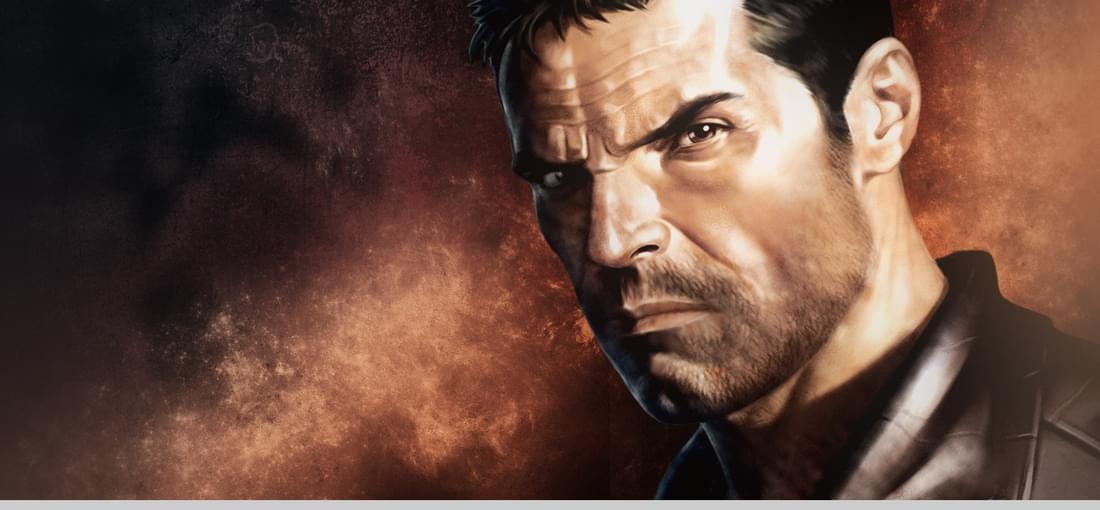
This game appears to be an enjoyable, classic first-person shooter. The main features of the gameplay are the massive amounts of enemies to tear through, large open levels to circle-strafe about, and the tarot card collectibles to add a sense of progression and some incentive to explore. However, it became apparent in a few hours of play that the game seems susceptible to not only crashing, but also the corruption of save files. Overall, this game does not seem to be worth the fuss of dealing with lost progress or using fan-made fixes to complete it. The current state of this release is simply not acceptable.
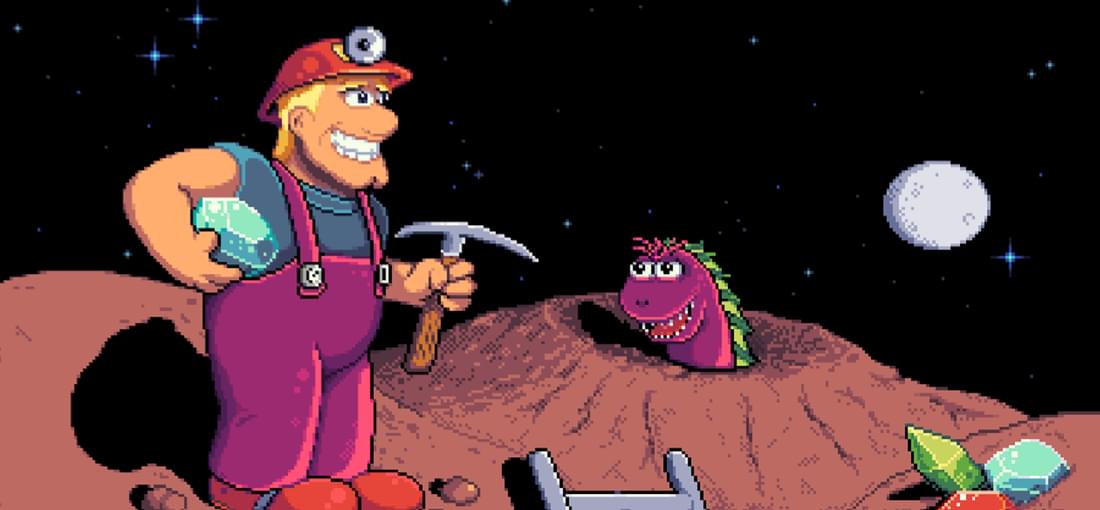
Crystal Caves HD remains a nice challenge for platformer fans, regardless of whether they have prior experience with the original release or not. However, to fully appreciate the game, players must be subject to difficult level design and generally repetitious gameplay. Its gameplay follows a standard 90's platformer formula. What sets this title apart is the ever-present requirement to collect every crystal, in every level, to finish the game. This design choice mainly appeals to completionist players but is less daunting on the newly added 'easy' difficulty. However, playing on a higher difficulty mode (and maximizing points earned) offers the most engrossing experience. Cautiously conserving ammunition, learning the specific patterns of each enemy, memorizing each level layout, and mastering the controls are all required to have the full experience of this game. Thankfully, the controls are solid in this release, allowing the player to master them quickly. Yet, its level designs are not always creative, and there are only a handful of enemy types and other level components, so the game can get a bit dry before the halfway point. A few hitboxes also remain a bit questionable. The graphics and animation are basic but offer enough retro charm to be visually engaging. The added music, while not period-correct, is catchy and rounds out the overall package. The story is a fun little time and hosts a load of Star Trek references. Having the generic 'points' of the game be rephrased as 'dollars' for the character to use in the plot is a nice choice. The 'original' story wrapped up rather nicely in Episode 3; but in the added Episode 4, there is a good starting premise, but it leaves the player without a satisfying conclusion. The episode does add a neat secret level, though. Overall, the game remains a bit stale, but it is still a good romp for retro platformer lovers.
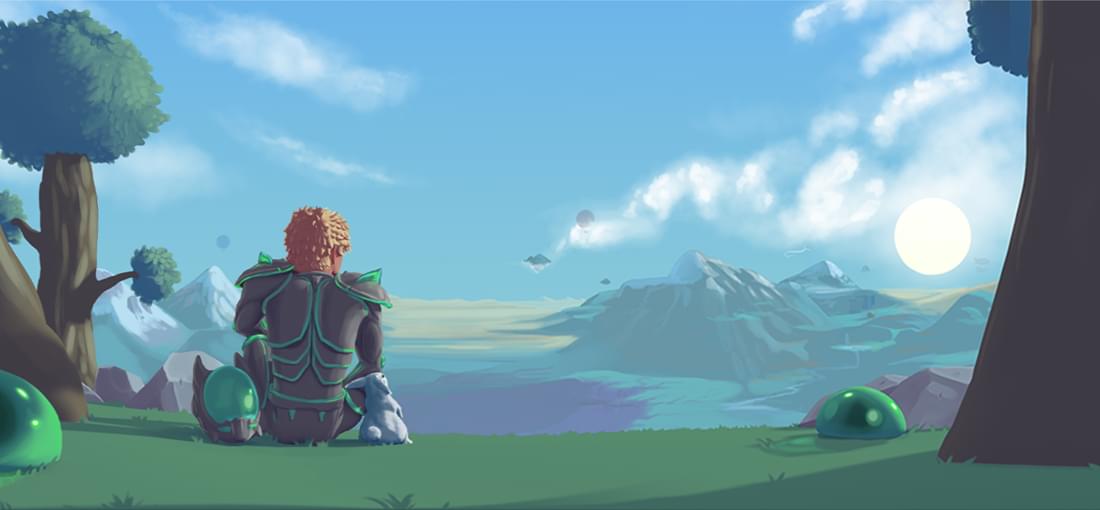
Terraria is a wonderful experience that constantly rewards players for avid research, planning, and creativity. The depth and progression on offer here remain unmatched by any other sandbox game. The gameplay is primarily composed of surviving, crafting, and battling boss enemies. The game's many bosses are quite fun to fight and learn their behavioral patterns. There are also many crafting trees of items to use in molding the game world as the player sees fit. Traversing any progression tree is a consistently satisfying and addicting experience. There are a few unavoidable instances of grinding for rare materials here and there, but they are generally well-paced throughout a given playthrough. What is also unavoidable is the large corpus of knowledge that players will be expected to memorize to maximize their experience. This is mitigated by using the 'guide' NPC or official wiki site. Terraria's art design is of the standard retro style, opting for practicality over unique aesthetics. The background images are often quite nice and charming. As the player progresses, they are introduced to gradually more colorful and visually interesting items, which strengthens the sense of progression. There is also an absurd amount of block types and cosmetic items to use and build unique homes and contraptions. The user interface can be a little confusing or overly small depending on your screen, but it isn't difficult to get used to. Also, the music is very nice and catchy, encouraging the player to remain engaged even when tasked with a repetitive activity. The game's 'story' is mostly non-existent and basic, with the player's objective being to defeat an altered version of Cthulhu and related forces. This premise allows for some unique designs for enemies, especially bosses. This game is wholly recommended to anyone who wants to get lost in a deep sandbox adventure, champion over demonic forces, and become a master in shaping their own fantastical terrarium.
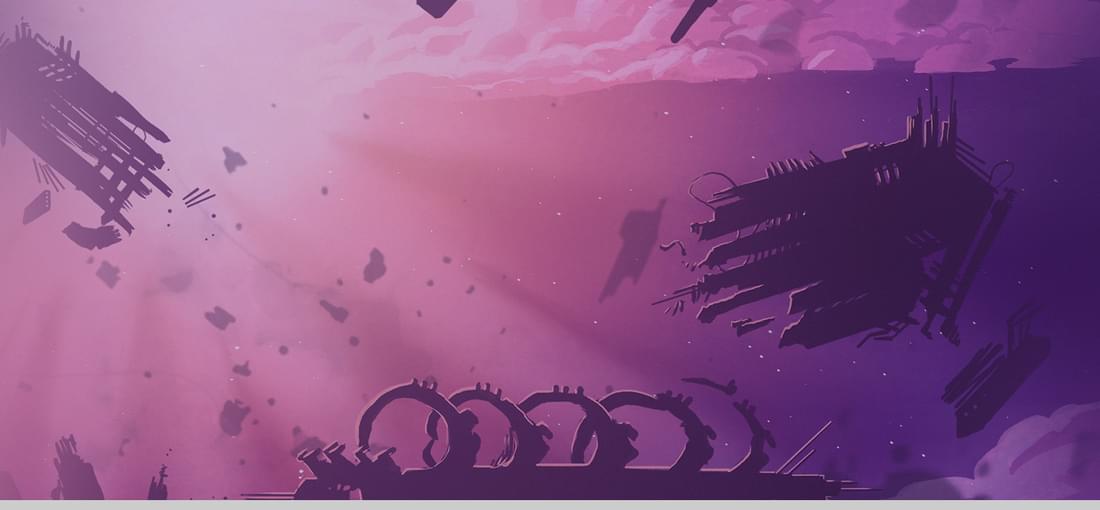
This game presents an innovative set of rogue-like mechanics to challenge any player. However, the value of its difficulty remains questionable, as there isn't quite enough substance to warrant such a rigorous gauntlet. The objective of FTL to survive and quickly defeat a powerful rebellion amidst several randomized combat sequences. The player can acquire new crewmembers, ship systems, and other supplies through battle, purchase, or other encounters. The player can also earn new starting configurations from very good performance. But its highly stochastic environment provides overwhelming difficulty, even on the 'normal' setting. While the basic routine of blowing up ship after ship during a good run can be fun for a while, there is simply too much outside of the player's control to have every loss feel deserved. There are also too many ships, items, and choices offered that are objectively bad for a player to try and utilize. Regardless, the music is absolutely outstanding. The quality of the soundtrack is at an order of magnitude greater than every other aspect of the experience, combined. The OST alone is definitely recommended to anyone who enjoys percussion-driven, electronic ambience with a sci-fi flavor to it. Its graphics are servicable and help to provide atmosphere. Visual feedback is also very important to the combat, to which the game thankfully provides a good interface to communicate time-sensitive information. The narrative is a bit dry and difficult to appreciate, given that any real story bits are tucked away within rare or difficult side quests. Overall, it seems that balancing the gameplay to be more fair could offer a shorter, but sweeter experience. The music is ultimately what carries the experience and provides incentive to persist through the game's challenges. The game simply doesn't seem to fully respect the player's time, which could be better spent just listening to the OST while doing something more relaxing.
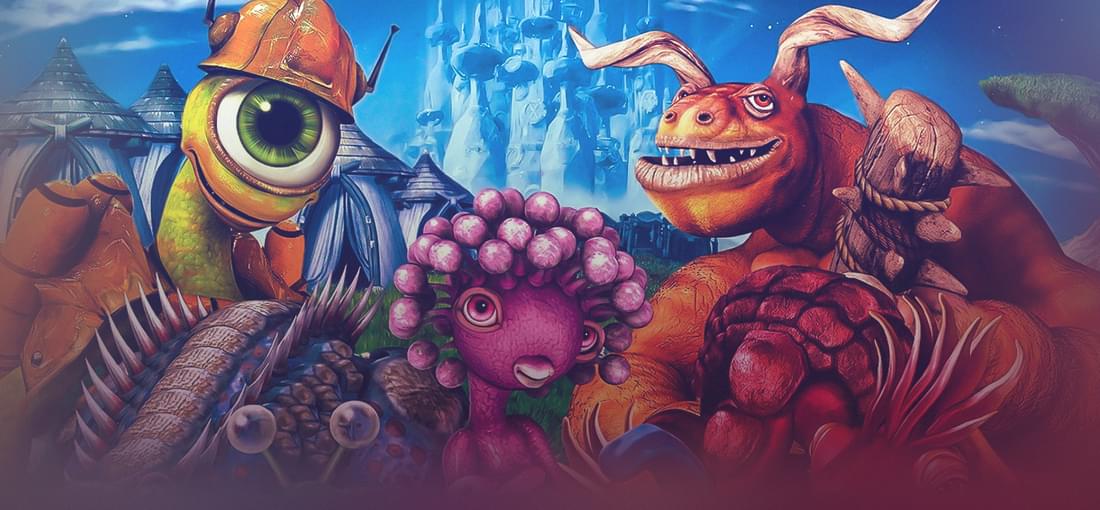
Spore is an admirable proof of concept for implementing the idea of evolution across our reachable universe into a game. The gameplay is discretized into several stages, beginning with the player's species as a wiggling protoplasm and ending with its galaxy-wide omnipotence. To be succinct, the 'cell' stage is an enjoyable survival mini-game, the 'creature' stage is a boring scavenger hunt, the 'tribal' stage is an oversimplified strategy game, the 'civilization' stage is a less overly-simplified strategy game, and the 'space' stage is a relatively comprehensive space simulation. There is also the 'adventures' add-on, which is an underwhelming attempt to incorporate role-playing elements to the space stage. Given this wide of a scope, the game sadly does not deliver a consistently entertaining experience. However, Spore does provide an interesting challenge to the player by granting them several options to survive and thrive in the ever-changing environment. Nearly all actions have consequence, which sets up the space stage rather well. The fact that decisions made as a single cell impact the species' subsequent galactic conquest is remarkable and unique to the game. The graphics maintain a cohesive sense of well-polished quirkiness. The generative aspect of its art assets, the many model creation systems, and player-made content sharing features remain innovative to this day. Spore's music is wonderful, relaxing, and very on-theme as it has its own generative nature. It often provokes the right feelings of exploration, discovery, and adaptation throughout the game. The narrative provides a somewhat educational tale of how science has interpreted our creation and potential future, with an abundance of simplifications and science-fiction tropes thrown in. While the experience is not quite greater than the sum of its parts, Spore is recommended to anyone who wants to have some fun playing with the basic notions of evolutionary biology and space simulation.
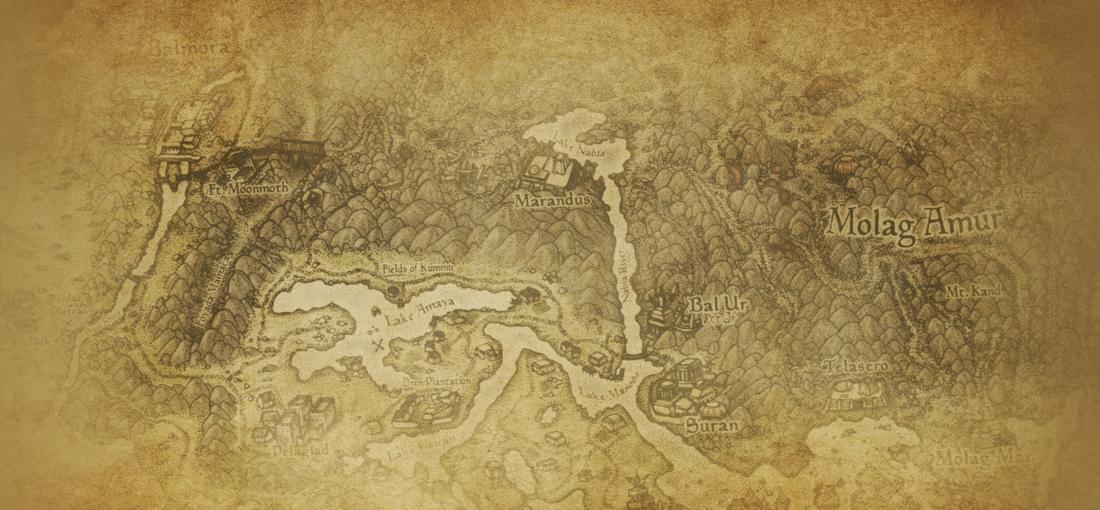
After playing through Morrowind with OpenMW to completion, I can safely say that this is a fantastic experience. Despite the technical shortcomings of the vanilla game, Morrowind remains an exceptional case study in RPG greatness. Morrowind's gameplay serves as the foundation for the modern RPG. Everything is optional, everything is accessible, and everything is worthwhile. While the mechanics of the game can be quite exploitable, its world is certainly deserving to be immersed within, even for an over-powered player. Any role-player can live in the world of Vvardenfell as a warrior, mage, or thief-based character with great freedom. Despite having the statistics-based combat mechanics of old, Morrowind's gameplay is satisfying. The main quests remain interesting, all of the faction questlines are rewarding, and even many miscellaneous ventures are enjoyable. The graphics are dated, but can easily be enhanced with OpenMW's technical flair or overhaul mods. The particular aesthetics of Morrowind are some of the most interesting and unique of the franchise. However, the UI can be cumbersome, unhelpful, and even harmful to the eyes after extensive play without modification. Music in Morrowind is angelic, perhaps excessively so. I would argue that the soundtrack's Howard Shore-inspired medieval themes clash with Vvardenfell's Middle-Eastern style visuals. Also, there is a short run time for the soundtrack, leading to many loops of the same tracks throughout continued play. The story of Morrowind is a rather complicated and enthralling one. The main quests of the base game and DLCs are thematically very deep. Exploring the side activities leads to a plethora of interesting subplots, fun characters, engrossing literature, and cool items to find. The final technical state that Bethesda Softworks has left this game in is tragic, forcing me to fully recommend OpenMW for play today. Regardless, this game is remarkable and demands play by anyone who enjoys RPGs.
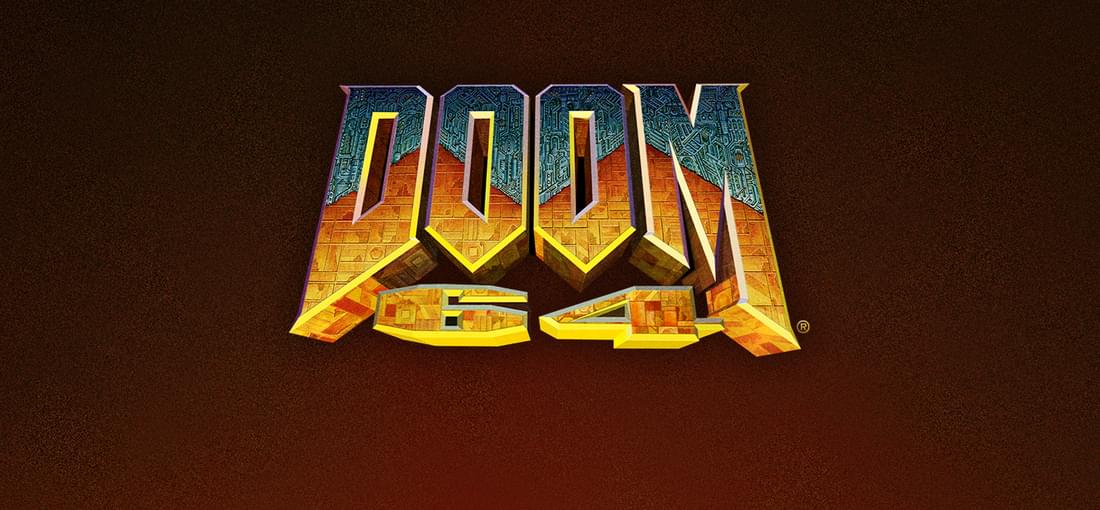
Doom 64 is an unexpectedly great addition to the family of official classic Doom campaigns. The game also functions as a sort of transition between the action-oriented gameplay of Doom I/II and the horror-driven experience of Doom 3. The gameplay is the classic Doom formula with some small edits. While some enemies are not present from the previous games, I can't say miss them, especially the Archvile. The unique and powerful Unmaker weapon is a treat to use in combat, and its upgrade system allows for a rare sense of both progression and incentive to find level secrets for classic Doom. The original and new maps included here are of great quality and offer an engaging challenge on higher difficulty levels. This port allows for the best possible visual experience for Doom 64. Most notably, it allows the player to turn off the N64-style texture filtering that makes surfaces look like mud. This allows for the art direction of the new graphics to shine, as many of the new sprites and textures are good. This is a welcome change-of-pace for classic Doom fanatics, who may be tired of the Doom I/II graphics that have been often reused in map packs. The ambient soundtrack is a hit-or-miss. It definitely adds a new sense of desolation and feeling trapped in a forsaken dimension, but I feel that it detracts from the action. It does take getting used to, especially if the player has recently played Doom I or II. This was likely an experiment to change the game to be more horror focused, as in Doom 3, and it seems to fall a bit flat. There are no story bits to gnaw on here, despite the new Lost Levels campaign supposedly connecting this game to Doom (2016). After playing through all maps, there doesn't seem to be any real narrative hook to the newer Doom games. Doomguy is doomed, that's all! This game is definitely worth picking up alongside the other classic Doom games. It's great to finally see this officially on PC with a quality port!
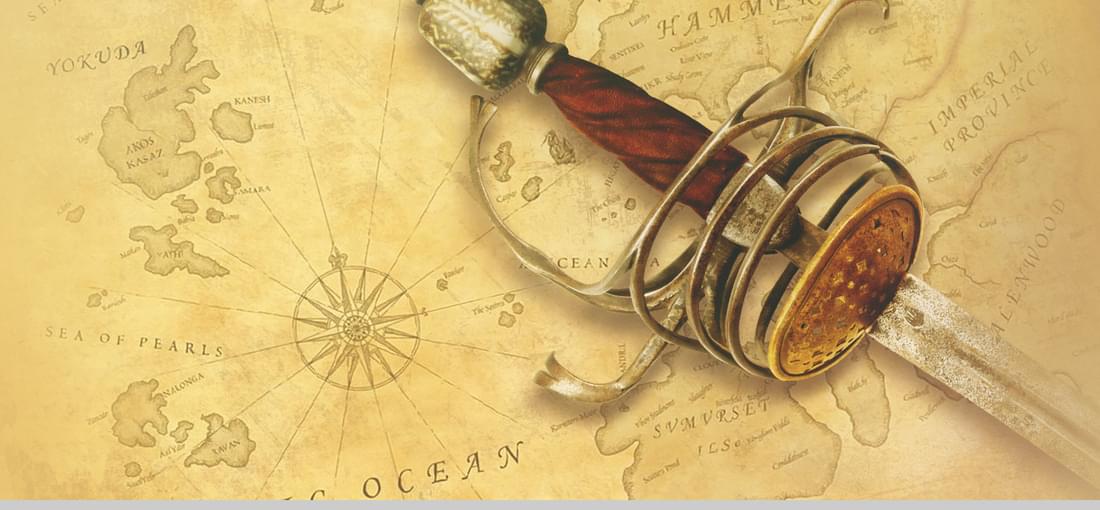
Personally, I really wanted to enjoy this game more since I liked its world, aesthetic, and ideas. Yet the core aspects of its gameplay are simply not fun nor spark an adventurous spirit. Gameplay here comprises of subpar implementations of swordplay, platforming, and puzzle elements. The controls are just unresponsive and slow, bogging down nearly all interaction with these gameplay systems. The combat is purely a chore and sharply contrasts with the supposed excitement that is to befall on an adventurer when tasked with a duel. The platforming and puzzle sections also suffer from this, demanding that the controls and movement systems should be more fluid. There are also many serious bugs. The visuals are endearing, sporting their hand-countable polygons on their sleeve. The art direction itself is rather good and serves as a major draw to Stros M'Kai as a place to explore. However, character animations are very choppy, which does no favors for the poor combat and platforming sequences. The music is solid and helps sustain the adventure. There are some sound mixing issues, particularly with dialogue sequences, making important information difficult to hear. The story and world-building are the core reasons to play this game. This is a shame because they probably wouldn't stand on their own merits had they not been for a TES game. Regardless, Cyrus is a good protagonist to have become the only non-player created hero in the franchise. His tale is of the generic, redemptive underdog, but it serves to showcase what a vulnerable settlement of Tamriel was like during a tumultuous time in the series' canon. Also, there are several side characters that are enjoyable to have lengthy, informative, and goofy dialogue with. Redguard served to help flesh out the smaller characteristics of the world of TES through its narrower scope. However, given how unenjoyable the gameplay remains, the game is only worth a playthrough by deeply-invested fans of the main games.